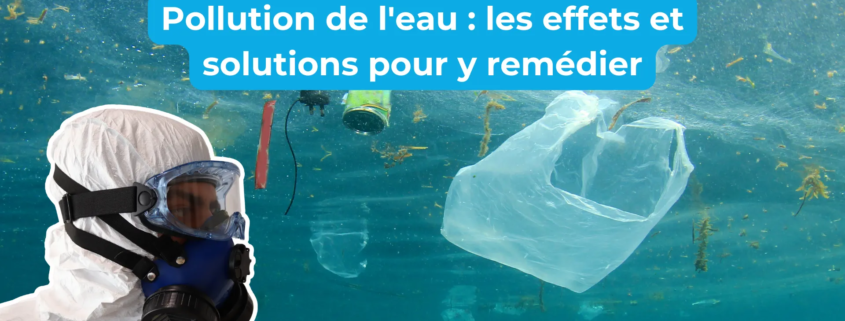LES DEFIS DE LA POLLUTION DE L’EAU, UNE MENACE POUR LA SANTE PUBLIQUE : ATOUTS ET DEFAUTS DES LOIS ET POLITIQUES DE L’EAU AU SENEGAL
RESUME
Dans de nombreux pays en développement, la pollution, liée à une démographie galopante et à des infrastructures d’assainissement et de traitement des déchets inadéquates, constitue une menace pour la santé publique, les espèces sauvages ainsi que pour les sources de revenu.
Dans une ère d’urbanisation sans précédent, la pression de la population et de la croissance industrielle sont aujourd’hui de sérieux menace pour la gestion de l’eau au Sénégal.
La pollution de l’eau par les vidanges non traitées, les déchets industriels et le drainage agricole a limité la disponibilité des ressources en eau du pays.
La santé humaine fait face aux problèmes sérieux en raison de la détérioration de la qualité de l’eau potable. Cet article fournit un aperçu des problèmes de qualité de l’eau au Sénégal tout en soulignant les défis d’applications des lois et des politiques de l’eau ainsi que leurs défauts au Sénégal.
Même si l’eau est disponible en quantité au Sénégal, dans certaines parties du pays, cette ressource vitale n’est pas de qualité et plus d’un million de Sénégalais ne disposent pas d’une eau de qualité du fait de la forte teneur en fluor et en sel, la contamination par des résidus industriels ou la pollution humaine (DGPRE).
Bien que le Sénégal ait développé beaucoup de lois et de politiques de l’eau, leur application reste difficile face à la forte pollution toujours présente.
Toutefois, la stricte exécution des règlements pour l’environnement et l’eau au Sénégal est obligatoire.
De plus, il est nécessaire d’établir un système d’évaluation de risque fiable pour la qualité de l’eau, la santé humaine et la sécurité écologique.
Mots clés : Pollution de l’eau, santé publique, contamination, pollution industrielle et agricole, lois et politiques de l’eau, Sénégal.
ABSTRACT
In numerous developing countries, the pollution, connected to a massive population growth and to inadequate infrastructures of purification and waste treatment, establishes a threat for the public health, the wild sorts as well as for sources of income. In an era of unprecedented urbanization, the pressure of the population and the industrial growth are of seriousness today threaten for the
management of the water in Senegal.
The water pollution by the drainings untreated, the industrial waste and the agricultural drainage limited the availability of the water resources of the country.
The human health faces the serious problems because of the deterioration of the quality of the drinking water.
This article supplies an overview of the quality problems of the water in Senegal while underlining the challenges of applications of the laws and the policies of the water as well as their defects in Senegal. Even if the water is available in quantity in Senegal, in certain parts of the country, this vital resource is not of quality and more of one million Senegalese have not a quality water because of the strong content in fluorine and in salt, the contamination by industrial waste or human pollution (DGPRE).
Although Senegal developed many laws and policies of the water, their application remains difficult in the face of the strong pollution always present.
However, the strict execution of the regulations for the environment and the water in Senegal is compulsory.
Furthermore, it is necessary to establish a system of evaluation of reliable risk for the quality of the water, the human health and the ecological security.
Keywords: water pollution, public health, contamination, industrial and agricultural pollution, laws and policies of water, Senegal.

 AAEA
AAEA
 AAEA
AAEA AAEA
AAEA
Laisser un commentaire
Rejoindre la discussion?N’hésitez pas à contribuer !